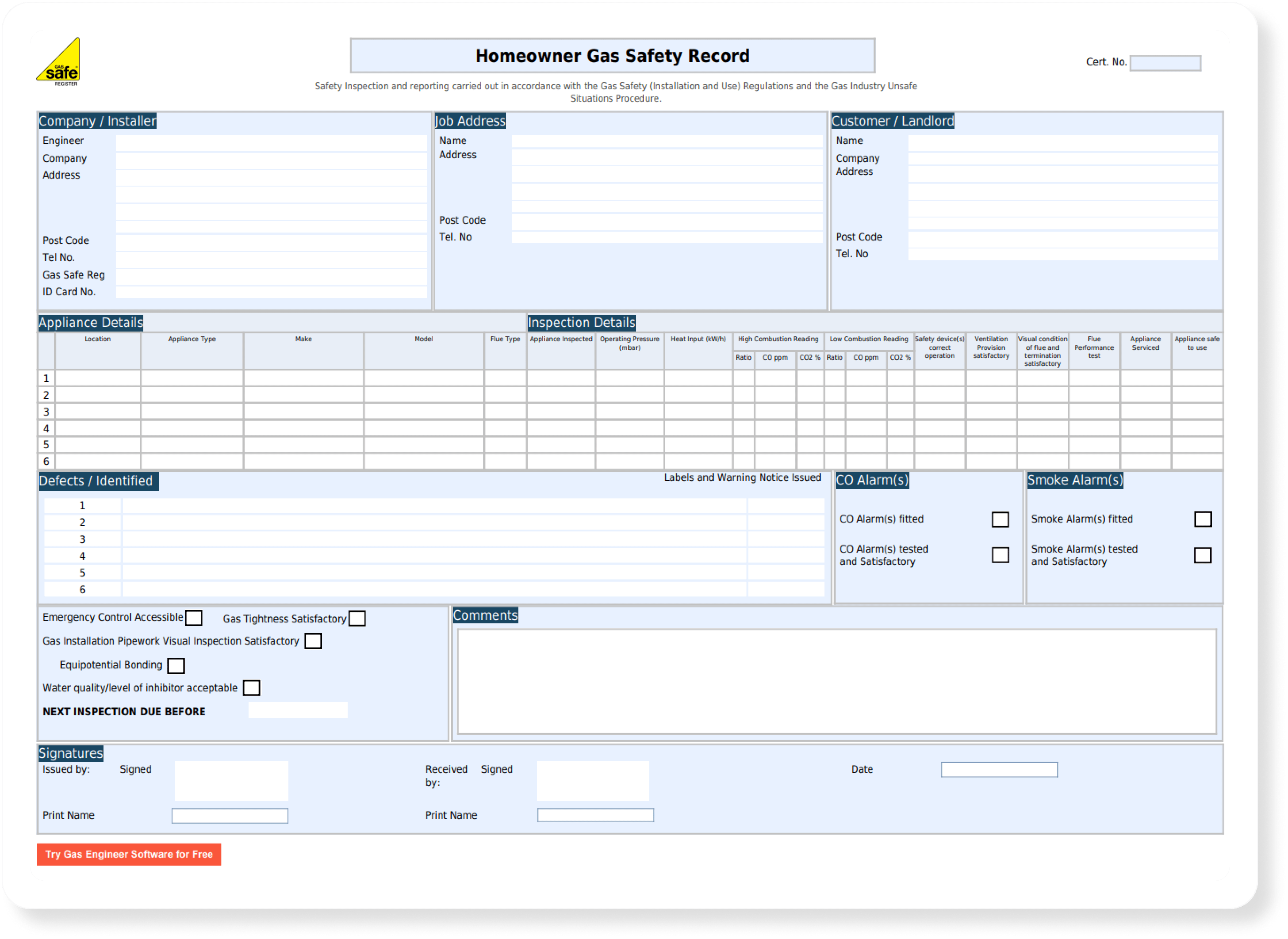EP #40 – An Ex-Gas Safe Inspector Answers YOUR Questions w/ Terry Sawyer
Overview
Want to know how to ace your next Gas Safe inspection?
To start off this brand new season of the Gas Engineer podcast, host Tulloch Priest is joined by former Gas Safe inspector Terry Sawyer to answer the most difficult questions that could land you in hot water.
Terry reveals what to do when an appliance is immediately dangerous, what happens when you call Gas Safe for advice, and why “winging it” on a job could cost you your registration.
Highlights
Tips from an ex-inspector
- (1:30) Every heating business gets inspected, ideally every 5 years.
- (2:14) Engineers working in a larger company might have never had an inspection, as it’s the reg. number being inspected – not the engineer.
- (4:00) Getting your registration removed is less likely than many thing, unless you can’t be inspected for some reason.
- (5:45) Engineers can request inspections on properties if they notice something being done incorrectly.
- (7:12) Large companies (10 engineers or more) like British Gas have different inspections, typically in groups.
- Lots more gets inspected in large businesses.
- (9:40) Should Gas Safe be inspecting the business or the properties?
- (13:40) Centrica owns British Gas, but they do not control Gas Safe.
- (14:30) You should always be testing the appliance on a yearly service/safety check as if it’s the first time you’re doing it.
- (16:00) You can’t do a flue integrity test on an open-flued appliance because it’s taking air from inside the room.
- (17:20) On sealing pipes: If it’s outside in, seal on the inside so that any gas leaks would go outside. Internally, there’s no real need to seal anything apart from protecting against corrosion, damage, etc.
- (18:45) There aren’t supposed to be trick questions in an inspection. They’re more to see if you’re overthinking something basic.
- (20:15) AR vs ID. For AR situations, you aren’t required to disconnect. Most customers will be happy to disconnect it, but they’re still within their rights to turn it back on. Instead, you’re issuing an advisory warning that covers you. For ID appliances, it’s a different story, and you can cap it.
- (25:20) You always have a duty of care when you walk into a property, even if you aren’t directly working on an appliance you note as dangerous.
- (27:12) If you’re doing a gas safety check, you need to be checking every gas appliance. Check with your customers.
- (30:20) Viper books are great, but others will have the same information too. The Gas Safe Unsafe Situations booklet is also important to have.
- (37:00) Terry 100% recommends that engineers phone Gas Safe if they’re ever unsure. It won’t trigger an inspection


